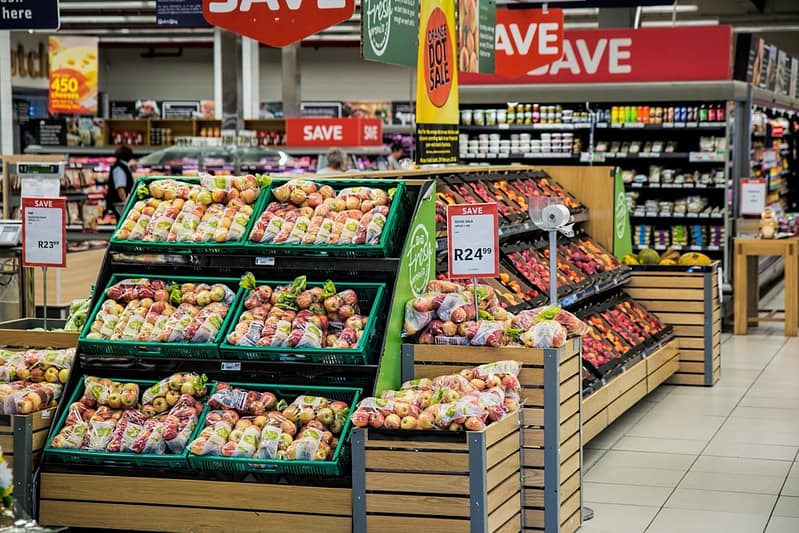Best Day To Shop For Grocery Deals

The best day to shop for discounted groceries is typically Wednesday. Although Monday through Thursday in general have great specials, it is the single best day to shop for groceries because many stores offer sales and discounts on that day.
The reason why stores offer discounts on Wednesdays is to encourage shoppers to come in midweek. By offering discounts, stores are more likely to bring in customers who may not otherwise shop during the week. This way, stores are hoping to increase traffic and ultimately make more sales.
You should come as early as possible during the day to help with the stocking and the traffic.
How Can I Save Money On Groceries
Some tips for saving money on groceries include creating a budget, sticking to a grocery list, and comparison shopping. Other ways to save money on groceries include couponing, shopping at discount stores, and growing your own food.
When it comes to couponing, one needs to know where to find coupons. Planning your purchases around sales, and using multiple coupons per transaction.
There are many places to find coupons, including online coupon websites, manufacturers’ websites, and retailers’ websites.
Save.ca, for example, is a great coupon site in Canada
Other Ways To Save On Groceries
Groceries are a large potion of most families’ monthly budget. Saving on groceries is therefore a great way to save money and have a balanced budget.
Some tips for planning your grocery shopping around sales include making a list of items you need, checking store flyers for sales, and matching coupons with sale items.
Other ways to save money on groceries include stocking up on sale items, buying in bulk, and cooking at home.
Why Inflation Affects Grocery Prices
Inflation generally affects grocery prices in two ways:
- Through the direct impact of higher input costs on producers, and
- Indirectly by affecting consumers’ purchasing power.
The first way is relatively simple to understand—if the cost of flour or milk goes up, then the price of bread or cereal will likely follow suit. The second way is a bit more complicated. When inflation goes up, it reduces the purchasing power of consumers’ wages and salaries. As a result, people have less money to spend on groceries (or other goods and services). This can lead to reduced demand for certain items, which puts downward pressure on prices.
